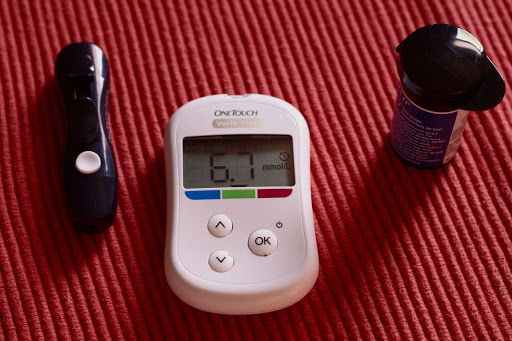13 Reasons Why Having Good Sleeping Habits Will Improve Your Health And Well-Being (2 of 3)
Advertisement
Boosts Creative Problem-Solving

Over the years, scientists have believed that there is a collaboration between the two main phases of our sleep – non-REM and REM. This phenomenon is the key to improving our creative problem-solving skills as a team firmly believes and theorizes.
To go into detail, the team at Cardiff University in Wales found that during non-REM sleep, our brain consolidates and strengthens our most recent memories through a replay sequence. Not only that, but it also differentiates between generalities and specifics too. When we enter REM sleep, our brain actively searches for similarities between seemingly unrelated concepts and combines them. Short version, non-REM sleep isolates our ideas, while REM sleep works to connect them.
Sleep tip: There are a number of culprits that interfere with our brain and sleep. One of the biggest is sodium. Salt or sodium is known to increase water retention and actually has an adverse effect on our circulation, and therefore, our sleep. So make sure to avoid anything salty during dinner and even in general.
Reduces Risks of Diabetes

With diabetes being a growing problem, there are many studies that have looked into sleep deprivation and developing diabetes. The most notable one was a Finnish study that looked at some healthy young men and figured out what would happen if they were given a restricted sleep schedule. From the study, it only took them six nights in a row of four hours of sleep to develop symptoms of prediabetes. But don’t worry about them or yourself if you’re in this boat. After one week of increased sleep duration, these symptoms completely disappeared. To expand on this, studies found that sleeping seven to eight hours each night is ideal to lower your risk of type 2 diabetes.
Sleep tip: In order to tune your body to a regular sleep routine, consider going to bed at the same time each night and setting your alarm for the exact same time each day. Exposure to sunlight over the course of the day will also help in reinforcing circadian rhythm too.
Helps Immune System

Do you get a lot of colds? Chances are if you’re getting a lot of them it’s to do a lot with your sleep habits. Research shows that even a small dip in our sleep time can affect our immune system a lot. The biggest study of note on this is a large-scale two-week study that monitored common cold progress and sleep time. In the study, participants were given nasal drops that contained the cold virus and found that those who were sleeping less than seven hours a night were three times more likely to develop a cold compared to those sleeping eight or more.
Sleep tip: For the best quality sleep you can get, be sure to be in a room that is dark and cool. Light suppresses the secretion of melatonin, so eliminating the light sources helps a lot. Furthermore keeping room temperature between 60 and 67 degrees helps a lot in sleeping.
Stress Reduction

Sleep is also a great stress reliever as well. During your sleep time, your body levels out the amounts of cortisol in your body. Cortisol is a key hormone that’s pivotal to how we respond to both emotional and physical stress. When we are sleep deprived, our body struggles a lot in producing a normal cortisol response. Because of this, we find it harder to have a more productive response to the stressors in our lives.
Sleep tip: In order to reduce stress levels – sleep is helpful, but there are other ways to do it as well. Take the time to practice breathing exercises, meditating, or even using guided imagery techniques. You can even listen to slow music. Try these activities out before going to bed each night.